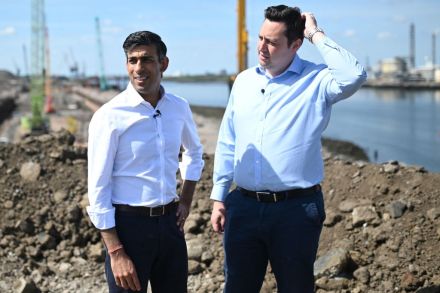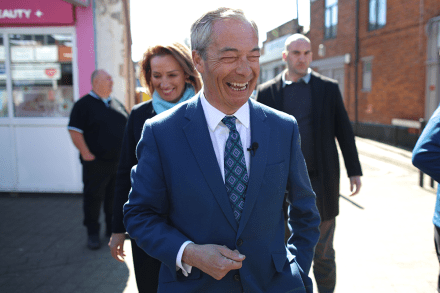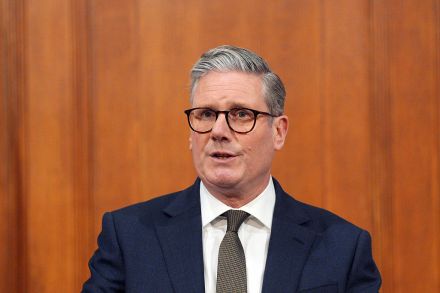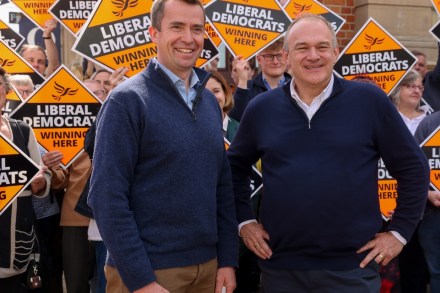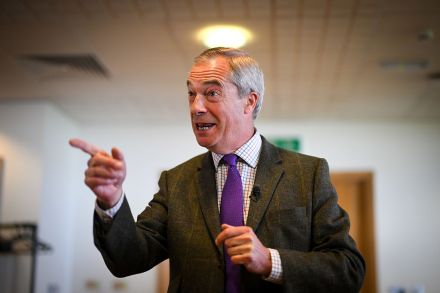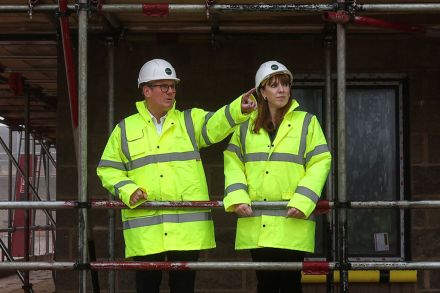Coffee House Shots Live with Zia Yusuf and Jacob Rees-Mogg
The post-mortem has begun on a historic set of local elections – but where does each party go from here? Is Reform unstoppable? Is Kemi the one to lead the Conservative rebuild? Do Labour really ‘get it’? Michael Gove, James Heale and Lucy Dunn are joined by special guests Zia Yusuf and Jacob Rees-Mogg to unpack these questions – as well as the broader ramifications of the local elections on British politics. Listen for: Zia’s understanding of why Reform did so well; Jacob’s concession that a Tory/Reform pact of some description could be the only way for the Conservatives to avoid extinction; and Michael’s assessment of whether Labour will force us







